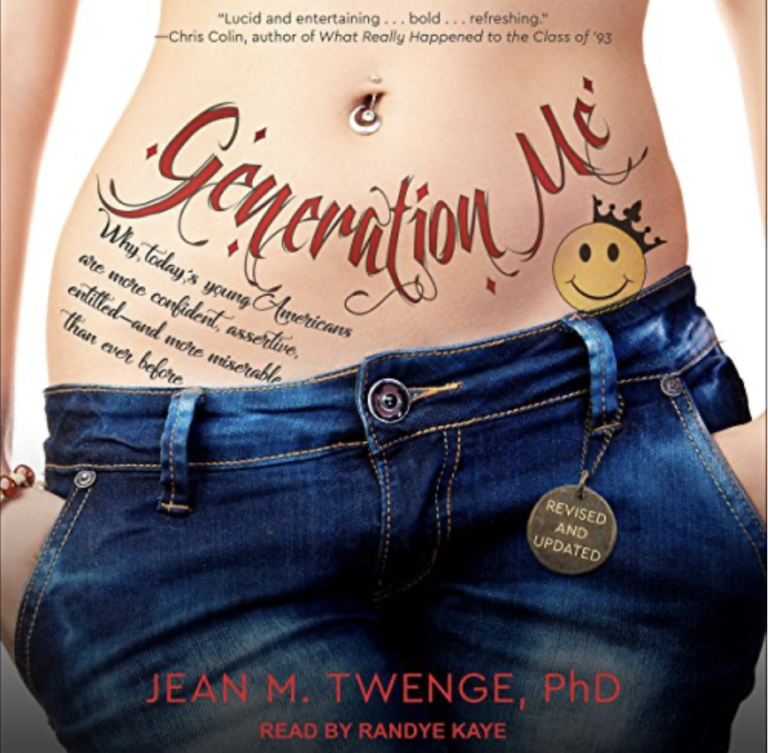By Andrea Tucci,
Something is going very wrong with teenagers. Between 1994 and 2010, the share of British teens who do not consider themselves likable fell slightly from 6 to 4 per cent; since 2010 it has more than doubled. The share who think of themselves as a failure, who worry a lot and who are dissatisfied with their lives also kicked up sharply.
The same trends are visible across the Atlantic. The number of US high school students who say their life often feels meaningless has rocketed in the past 12 years. And it’s not just the anglosphere. In France, rates of depression among 15 to 24 years old have quadrupled in the past decade.
The theory that having social media, and other digital delights within arm’s reach 24/7 may be having a harmful effect on mental health is not new. Its leading advocate is Jean Twenge, professor of psychology at San Diego State University, and author of dozens of pioneering studies on the topic.
The work of Twenge, and her regular co-author Jonathan Haidt has at times been criticised for simply surfing the wave of popular opposition to big tech. Yet as evidence for their arguments mounts, many are now wondering why it has taken us so long to accept what was right in front of us.
The signs are everywhere. first, digital socialising has displaced in-person gatherings. The share of US teens who meet up in-person with friends less than once a month stood at 3 per cent between 1990 and 2010, but reached 10 per cent by 2019, meanwhile the share who say they are “constantly online” has now reached 46 per cent.
Studies show that the more time teens spend on social media, the worse their mental health is. The inclination is steepest for girls, who also spend much more time on social media than boys, explaining the sharper deterioration among girls’ mental health than boys’.
Some suggest that modern society is more open about discussing mental health, so what we’re seeing is just a rise in reporting, not prevalence. But British teens who spend five or more hours a day on social media are at two to three times greater risk of self-harm than their less-online peers. It’s a similar story in the US with suicidal risk.
According to data released in recent days by the “World Happiness Record“, in the United States the happiness of people under the age of thirteen is in sharp decline.
Since 2012, when the report began to be published, the United States has consistently been among the twenty happiest countries in the world. Today the well-being of that age group is placed in 62nd place.
So, what can we do? The most common response is “educate kids and parents”.
Some American researchers have recruited some students and offered them money to deactivate their TikTok and Instagram accounts for four weeks. On average, it took about fifty dollars per account to convince them. However, when the idea was raised that all university students would be asked to deactivate their profile, those interviewed were willing to pay fifty dollars to live in a world without TikTok and Instagram for a month.
In this panel the students didn’t like the idea of being the only ones who couldn’t access their accounts, but they would be happy to live in a world where social media doesn’t exist…
Then it would certainly be better to return to the past?
Easy, isn’t it?…….




